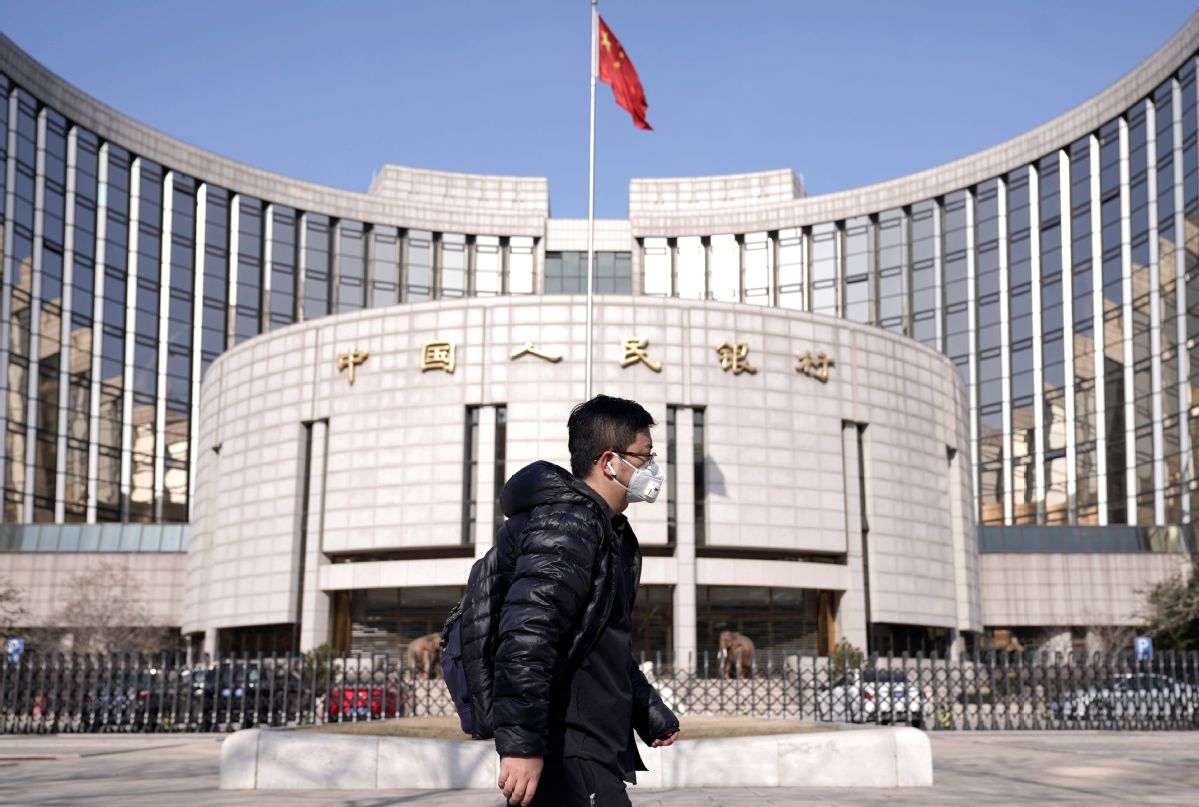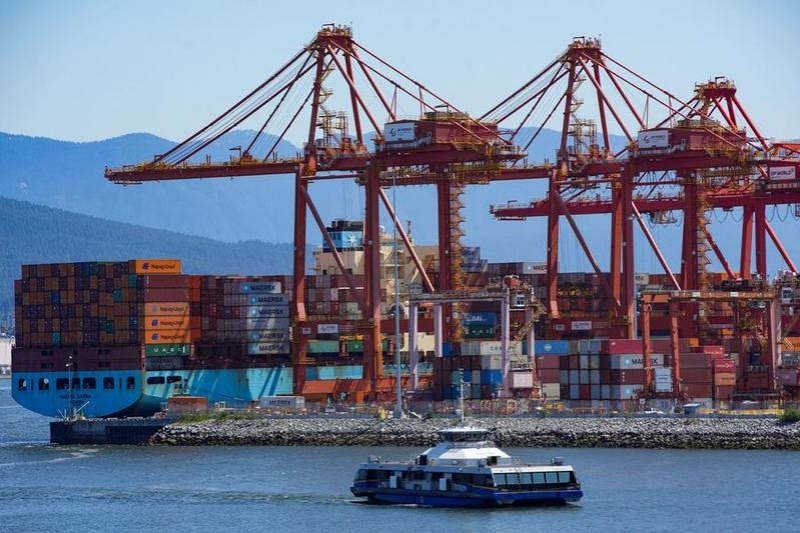Market-oriented reform can revive economy


Greater macro policy intensity does not mean "monetary flooding", but properly handling the relationship between the government and the market, unblocking the channels of production factors, giving full play to the market's decisive role in resource allocation, and the government playing a better role.
More consideration should be given to project selection and market-oriented financing to improve capital efficiency, reduce enterprise leverage, prevent financial risks and improve development quality.
That explains what China Banking and Insurance Regulatory Commission said in a notice issued on Wednesday: financial asset management companies, insurance asset management institutions, State-owned capital operating companies, among others, if in conformity with relevant state provisions, can use their own funds and the funds legally raised or managed to invest in debt-to-equity swaps. Insurance funds and pension funds can also be invested in debt-to-equity investment plans.
The debt-to-equity swaps promoted in recent years are mainly to help enterprises reduce leverage, lighten their financial burden and alleviate the private sector's difficulties. This was for long being done by banks, which favored enterprises with a State-owned assets background, making debt-equity swaps harder. So, expanding the sources of funding for debt-for-equity swaps will help realize more debt-for-equity projects.
Earlier, the China Securities Regulatory Commission and the National Development and Reform Commission jointly issued a notice on promoting Real Estate Investment Trust Funds in the infrastructure sector. The work can reduce the pressure of government financing and investment, broaden the social capital investment channels, increase the proportion of direct financing, support the country's regional development and metropolis clusters' construction, and enhance the quality and efficiency of the capital market serving the real economy.
Such a registration system will also help increase the proportion of direct financing and improve the efficiency of financial resources allocation. Following the COVID-19 outbreak, the registration system can provide financial services to promote innovation-driven strategy, the digital economy, and technological innovation and help solve the funding problem for small and medium-sized enterprises, optimize the allocation of resources, and attract more private capital to innovation fields and the real sector.
China needs to break various forms of monopolies, improve the business environment, open wider to domestic and foreign investors, and fully activate private capital and encourage them to participate in a new round of industrial revolution and high-quality development.


































